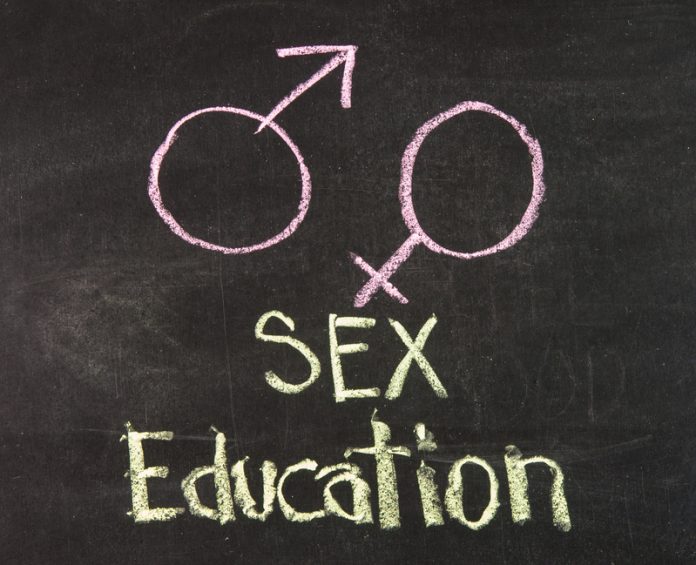All schools will teach children about good physical and mental health, how to stay safe on and offline, and the importance of healthy relationships under bold new plans published today by Education Secretary Damian Hinds
Under the proposals, all pupils will study health education as well as new reformed relationships education in primary school and relationships and sex education in secondary school.
The guidance will become compulsory in all schools across the country from September 2020 and will put in place the building blocks needed for positive and safe relationships of all kinds.
Education Secretary Damian Hinds said: “I want to make sure that our children are able to grow up to become happy and well-rounded individuals who know who to deal with the challenges of the modern world. Part of this is making sure they are informed about how to keep themselves safe and healthy and have good relationships with others.”
“Many of today’s problems did not exist when we last gave schools guidance on how to teach relationships and sex education 18 years ago. The action we’re taking is important to help support teachers and schools design a curriculum that will enrich their pupils in an age-appropriate way.
“Good physical and mental health is also at the heart of ensuring young people are ready for the adult world. By making health education compulsory we are giving young people the tools they need to be ready to thrive when they leave school.”
By making health education compulsory we will ensure pupils are taught about the benefits of a healthier lifestyle, what determines their physical health and how to build mental resilience and wellbeing. It will also make sure children and young people learn how to recognise when they and others are struggling with mental health and how to respond.
Under the updated guidance, teachers will talk to primary school pupils in an age-appropriate way about the features of healthy friendships, family relationships and other relationships they are likely to encounter. At secondary school, teachers will build on the foundation of relationships education in primary and, at the appropriate time, extend teaching to include intimate relationships as well.
At both primary and secondary, pupils will learn about staying safe online – complementing the existing computing curriculum – and how to use technology safely, responsibly and respectfully. Lessons will also cover how to keep personal information private and help young people navigate the virtual world, challenge harmful content and balance online and offline worlds.
The new guidance has been developed in response to a national call for evidence earlier this year and includes topics like mental wellbeing, consent, keeping safe online, physical health and fitness and LGBT issues. It will now be subject to a further 12-week consultation on the content and how the subjects are taught.
As well as teaching about the benefits of healthy eating and keeping fit, the new compulsory health education will include content on the prevention of health problems. It will help support the development of qualities such as confidence, resilience, self-respect and self-control.
Welcoming the news, Beat’s Director of External Affairs Tom Quinn said:“These new proposals recognise the importance of mental health for children. Anorexia nervosa is the second highest onset mental illness among girls aged 15 to 19, and doctors are reporting more diagnoses of eating disorders than ever.
“The proposals list mental wellbeing and keeping safe online alongside physical health and fitness. Measures to improve children’s physical health, such as anti-obesity campaigns, must also consider their mental health and the effect they may have on people vulnerable to eating disorders.
“Schools can play a vital role in ensuring children get help for an eating disorder early, which gives them the best chance of recovery. Health education must include spotting the signs of eating disorders and what to do if a young person is worried about their own or a friend’s health.”











